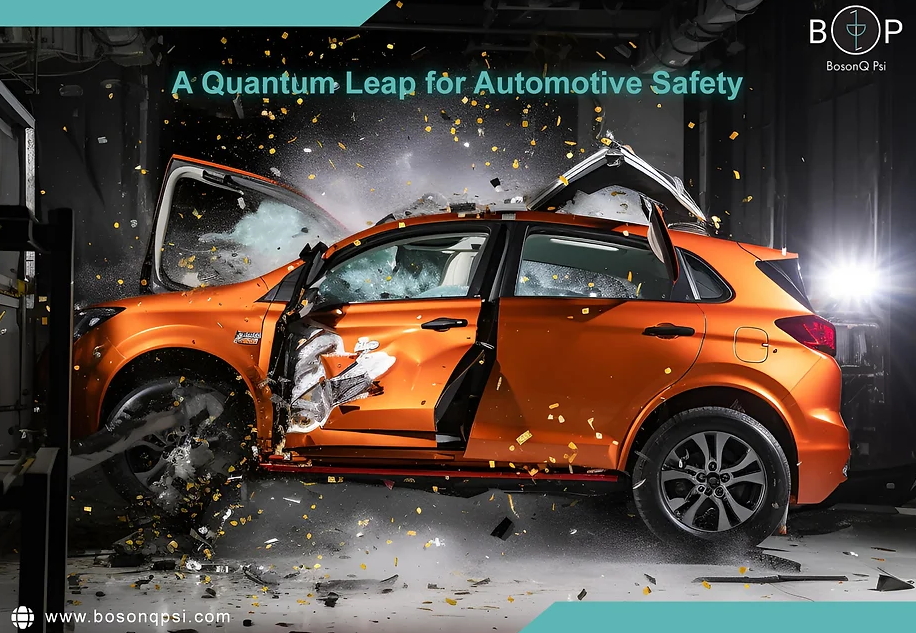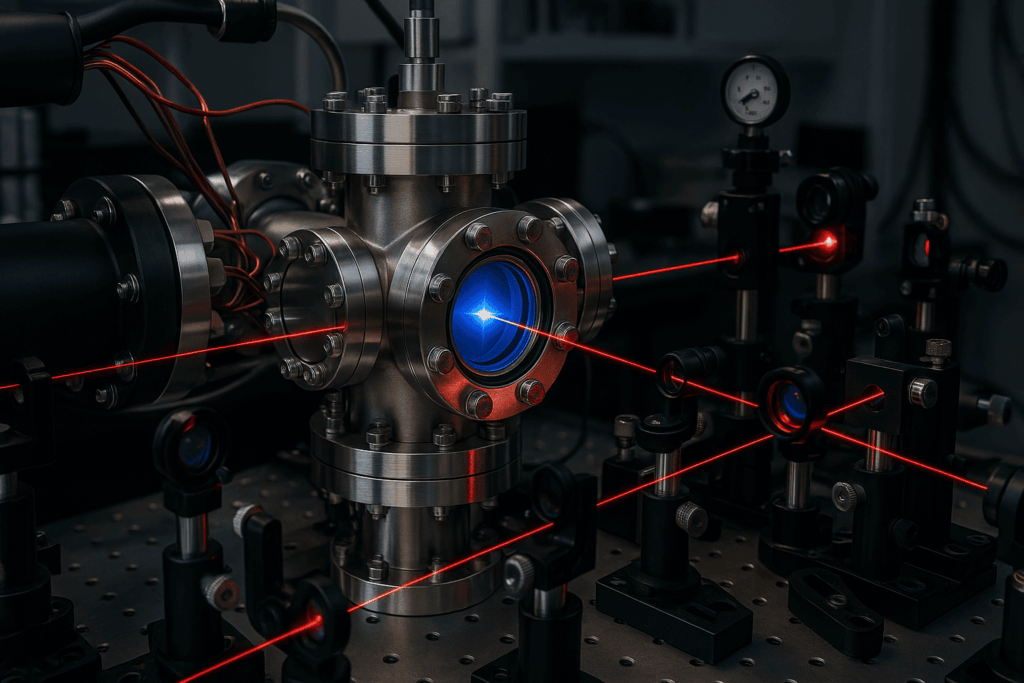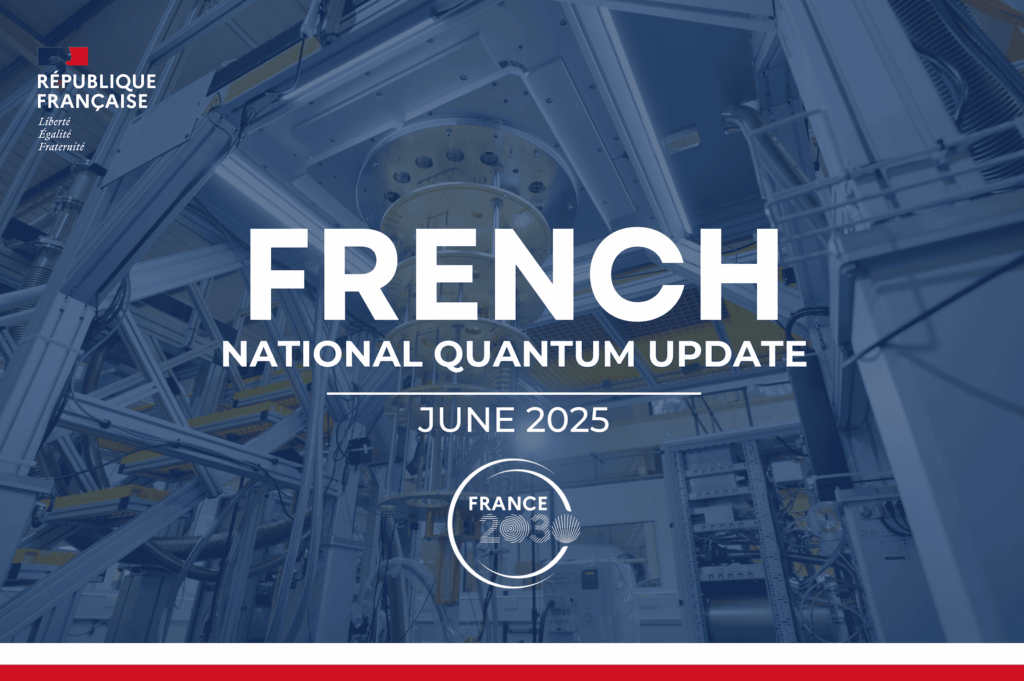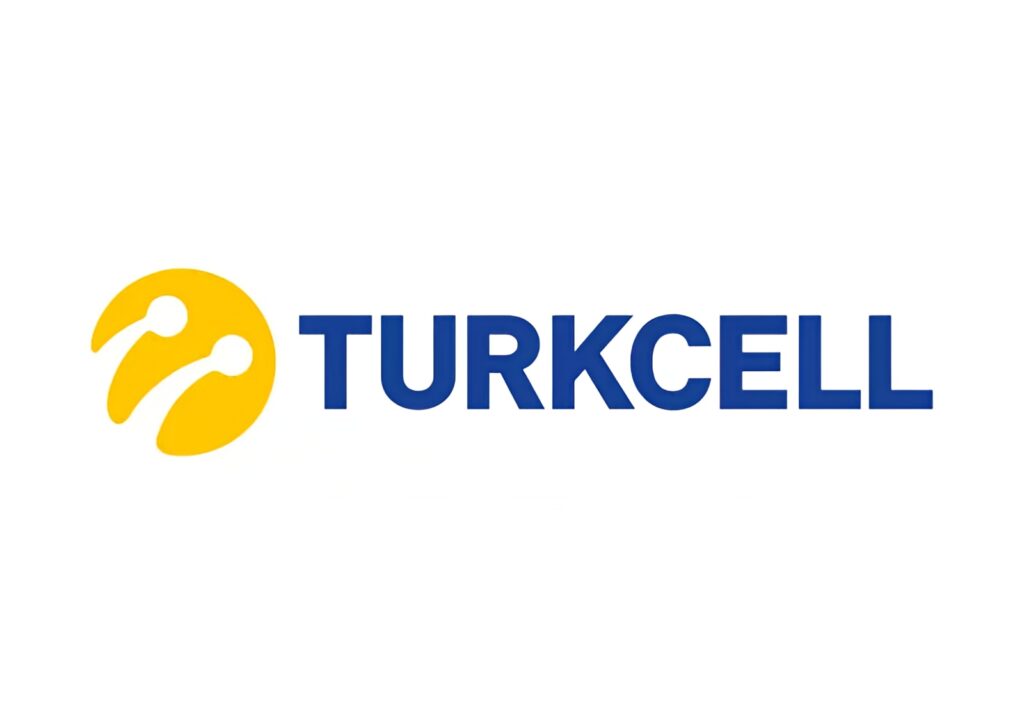Insider Brief
- According to quantum technology company BosonQ Psi, India has a high rate of road fatalities, with chaotic traffic conditions and poor adherence to traffic rules and this context has led to the introduction of Bharat NCAP, a voluntary safety standard like its global counterpart, to improve vehicle safety standards and reduce road fatalities in India.
- While sharing the same core objective of enhancing vehicle safety, Bharat NCAP differs from Global NCAP in its approach and requirements and focuses on voluntary compliance and has distinct criteria for safety ratings, including a unified rating that combines adult and child crash test results.
- The post highlights the role of quantum computing in revolutionizing vehicle safety simulations and that quantum algorithms can greatly improve the accuracy and speed of simulations used in crash testing, leading to safer vehicles, reduced development costs, and faster time to market, marking a significant advancement in automotive safety standards.
COMPANY BLOG POST — Buffalo, NY/December 12, 2023 — India’s traffic landscape is notorious for its chaos, congested roads, and lax adherence to traffic rules. This has resulted in India consistently ranking high in road fatalities. According to the World Health Organization, India accounts for approximately 11% of global road traffic deaths, despite having only about 1% of the world’s vehicles. These statistics underscore the dire need to prioritize safety in the Indian automotive sector. The recent announcement of Bharat NCAP (New Car Assessment Program) was long overdue, given the staggering number of road accidents.
Bharat NCAP, like other NCAPs, is not a mandatory standard but serves as a voluntary safety standard. Auto companies today, focus on improving safety through advanced simulations, machine learning, and real-world accident data analysis in their design processes. As data complexity grows, compute time and power for simulations can be a bottleneck for time to market. Quantum computing on HPC clusters offers a potential near-term solution for faster simulations.
Similarities and Differences between Bharat NCAP and Global NCAP

Bharat NCAP shares its core objective with Global NCAP: to ensure that vehicles meet stringent safety standards. Both programs aim to enhance vehicle safety and reduce the likelihood of fatalities and injuries in road accidents. However, there are notable differences in their approaches and specific requirements.
a. One significant difference is that Bharat NCAP currently focuses on voluntary compliance for vehicle manufacturers, while Global NCAP is often used for mandatory safety certifications in various countries. This distinction raises questions about the enforceability of safety standards in India and the effectiveness of voluntary compliance.
b. In Global NCAP, a vehicle must get a minimum of 34 points — 16 points for the front crash test, 16 for the side impact, and 2 points for seatbelt reminders — to get a 5-star safety rating for adult occupant protection. However, in Bharat NCAP, to receive a 5-star rating, a vehicle needs at least 27 points in adult occupant protection and requires 41 points in child occupant protection.
c.Types of Crash Testing: The Bharat NCAP protocols are in line with Global NCAP norms when it comes to crash testing. Three tests including offset deformable barrier frontal impact test, side impact test, and pole side impact test — would determine the crashworthiness of the vehicles.
d.Apart from this, Bharat NCAP would also mandate the installation of six airbags, electronic stability control (ESC), three-point seatbelts for every passenger, improved emergency braking systems.
e. Unified Rating: Unlike Global NCAP, Bharat NCAP will give a unified rating for the vehicles, combining crash test results for adults and children alike.
Evolving Stringency of Standards with Technological Advancements and ADAS
As technology advances, so will the evolution of safety standards. Advanced Driver Assistance Systems (ADAS) which are high-end features, will play an increasingly critical role in ensuring safety on the roads. These systems encompass features like adaptive cruise control, lane-keeping assistance, and automated emergency braking. With the integration of ADAS into vehicles, safety standards in the future will become more stringent, pushing manufacturers to incorporate these technologies as standard offerings rather than value-added features. This was similar to when air-bags were introduced — a nice to have feature in high end cars has now become a safety norm, with Bharat NCAP mandating six airbags.
Improving Crash worthiness, Crumple Zone Optimization, and Structural Strength with Simulations
Meeting compliance standards and achieving favorable NCAP ratings heavily depend on a vehicle’s crashworthiness. This involves the use of sophisticated simulations, crumple zone optimizations, and structural enhancements to ensure occupant safety during a collision. As technology advances, simulations will become more complex and shift from component to system levels.
Typically, these simulations take a lot of time and compute power. A lot of iterations are needed to arrive at the optimum level, and there is room for improvement with a more efficient approach.
Quantum Algorithms: A Game-Changer for Simulations NOW!
Enter quantum computing, a transformative technology that holds immense potential across various industries. Quantum algorithms, in particular, have the power to revolutionize complex simulations, including those used in crash testing and safety assessments. Quantum algorithms can solve complex multiphysics problems much faster with greater accuracy compared to classical computers.
Faster and more accurate simulations translate to reduced time to market for automotive manufacturers, cost savings in research and development, and, most importantly, safer vehicles on the road. Quantum computing is poised to be the driving force behind innovation in automotive safety.
The Future of Quantum Computing in Automotive Manufacturing
The potential benefits of quantum computing in the automotive industry are not limited to safety alone. As quantum hardware matures and becomes more accessible, the possibilities for innovation are endless. From optimizing vehicle designs to revolutionizing supply chain logistics, quantum computing has the potential to reshape the entire automotive manufacturing landscape.
Bharat NCAP is a welcome step towards improving road safety in India, where the need for enhanced safety standards is undeniable. However, to truly unlock a safer tomorrow, cutting-edge technologies like quantum computing would be required to accelerate safety advancements in the automotive industry.
As we stand on the cusp of a quantum revolution, BQP invites automotive engineers and researchers to experience the power of quantum for faster, accelerated simulations today!
For more information on how simulations will evolve with vehicle complexity, download the BQP’s white paper here
Featured image: Credit: BosonQ Psi
For more market insights, check out our latest quantum computing news here.
















